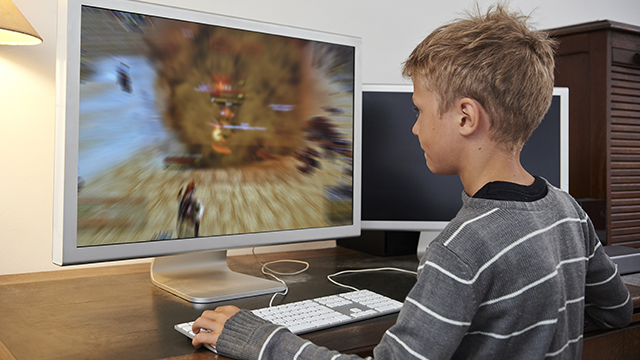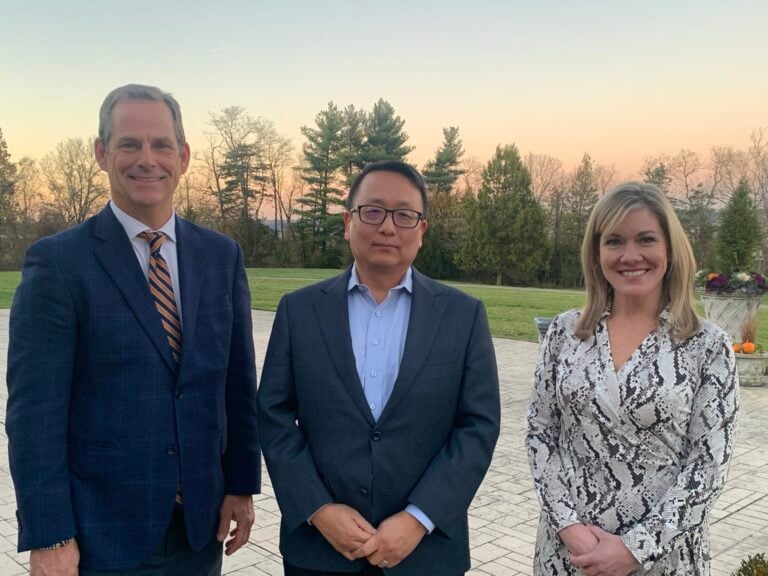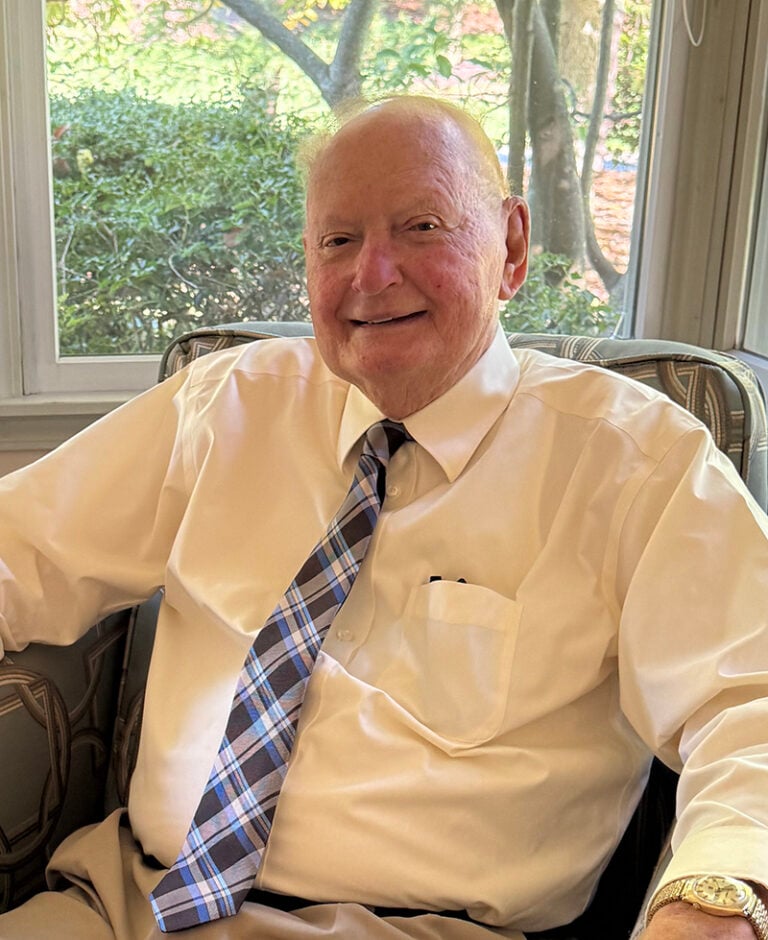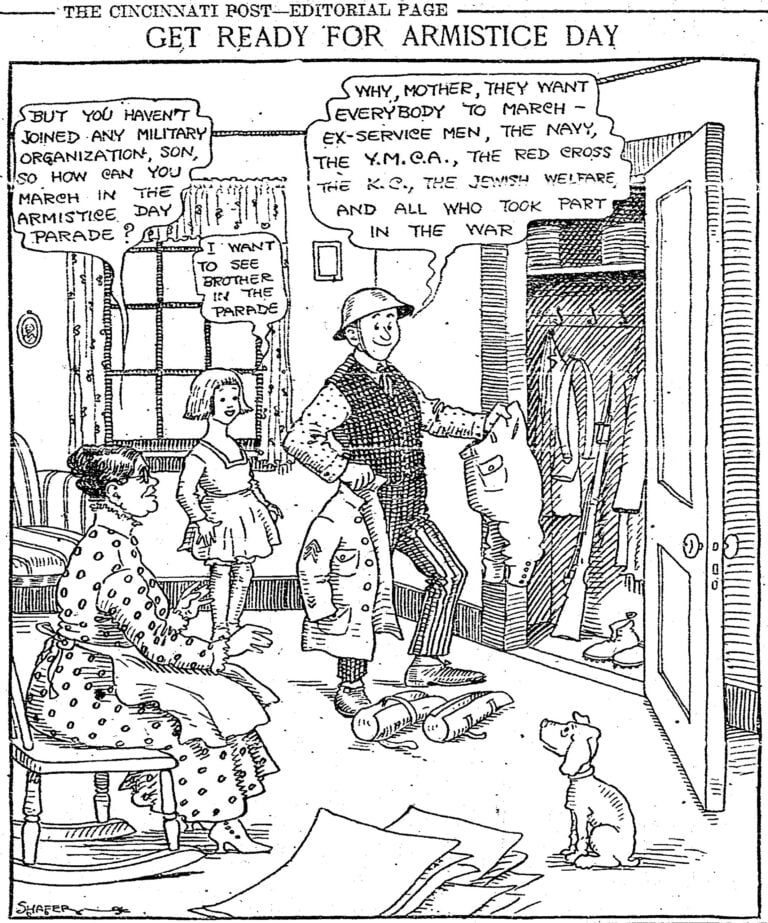By Dr. Anthony Limperos
University of Kentucky
Technology is engrained in our daily lives. We use it to learn and to work, and many use it for play. Today’s children use the internet for almost everything, so why shouldn’t they safely enjoy it? Being informed about your child’s gameplay will help in understanding how much is too much, versus just the right amount.
Online gaming is a form of video game play that allows the user to play the same game as others regardless of their locations. Online video games are attractive for three reasons:

• There’s a social component to it. Playing online allows users to play with friends they know, or meet new people who also play the games they enjoy.
• Playing with other people also brings in competitiveness. Competing against people you can communicate with is much more enjoyable than playing with a computer player.
• Finally, the general idea is that we experience greater immersion and engagement when we’re playing with others on a network.
Most kids that play online are not just learning about things in the game environment, they’re also learning how to regulate their gameplay. If you’re worried about video game addiction side effects like anxiety or stress, it’s important to focus on their relationships. If kids are having trouble engaging with friends or family outside of the gaming environment, it might be time to slightly limit their gameplay.
The American Academy of Pediatrics recommends no screen time for kids under the age of two. They recommend about an hour of screen time for kids ages two to five. After the age of five to approximately adulthood, they recommend two to three hours per day.
I have a 7-year-old son myself, and we often let him game for about an hour a day. Sometimes he plays only for 20 minutes at a time. It’s up to us as his parents to set those limits and impose them. Parents might be shocked to hear the AAP recommendations because they could have children that are playing much longer than that. Setting your own limits for your kids and sticking to them is your best course of action.
Dr. Anthony Limperos, Ph.D. is acting chair and associate professor of the Department of Communication and associate dean for Graduate Programs in Communication at the University of Kentucky College of Communication and Information.





















